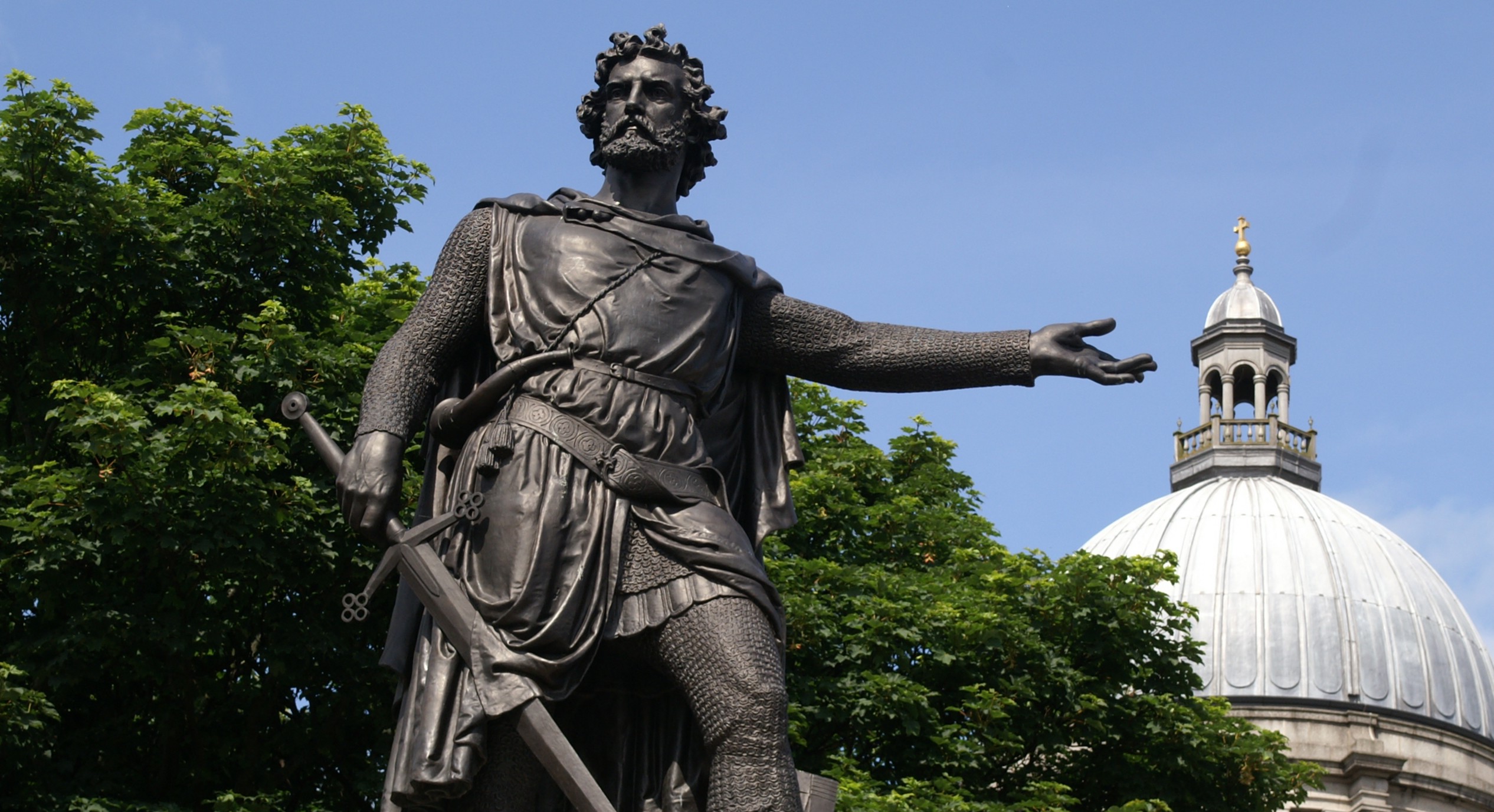Across the United States, politicians and voters are gearing up for midterm elections, where candidates for local, state and national offices will battle for victory. Across the Atlantic, the electorate is gearing up for another battle entirely: Scotland’s independence.
The country has long occupied a space of questionable autonomy. Scotland united with Great Britain in 1707, and although it maintains separate legal and educational systems, most of its national and foreign policy is entirely controlled by the British Parliament. Today, it’s considered a “country of the United Kingdom,” though Scots point to their separate institutions, heritage and cultural differences as distinguishing factors from their neighbors. The push for Scottish autonomy has grown stronger in the past couple decades. After a vote for home rule — in which an elected Scottish parliament, rather than the mostly-British Houses of Lords and Commons, would determine Scotland-specific policy — was overturned in 1979, a second referendum was passed in 1997. That vote led to an independent Scottish legislature and more power for the Scotland National Party (SNP), which campaigns within the country for Scottish nationalism and independence.
SNP’s prominence has since grown. After receiving a plurality in the 2007 general elections, the party pledged to hold another national referendum on independence. Almost seven years and a provisionary agreement with the UK lending legitimacy to a referendum later, they can finally follow through on that promise: A single question, “Should Scotland be an independent country?” will be posed to the 4.1 million person electorate this September. This time, it shouldn’t be overturned; it’s backed with the real consequence of full governmental separation from the UK by May 2016 if there’s an affirmative majority.
The question may be simple, but answer is complex. Those for independence, organized under the campaign Yes Scotland and staffed largely by SNP members, cite both the importance of self-determination and the viability of an independent Scotland. The country does have a strong economy — stronger than the UK. Scotland generates £800 more in tax per capita than the rest of the United Kingdom; it also has a lower deficit and lower public spending. This better-than-them tone fills much of the Yes campaign’s rhetoric, which also points to Scotland’s commitment to renewable energy, high education levels and well-ranked universities as reasons why an independent Scotland would be successful.
But good institutions don’t always mean good governance. Scotland’s union campaign, Better Together, stresses the importance of several of the UK’s institutions and its large economy as a safety net for Scotland. Most of the campaign plays into fears of problems that could come with independence, such as what currency would be used or how pensions would be provided. There are holes in the current plan for Scotland after independence, as the Better Together campaign points out, but their tactics have also been criticized as little more than fear-mongering. So should the Scots be scared?
It depends what they’re scared of. It’s important to note that even independence doesn’t mean a full separation from the UK. Like Canada, Australia and New Zealand, the Queen would remain head of state. Scotland would keep and maintain UK barracks on its territory as well as a share of British armed forces. The country would eventually transition to a new Scottish Defense Force, with the benefit that the controversial British Trident nuclear submarines currently in Scottish territory would be removed within five years. While Scotland could gain its own seat in the UN, it would also lose its permanent spot on the Security Council under the UK. And it’s still unclear whether Scotland would desert the British pound; banking experts have advised that a currency union would leave the country with “limited control over monetary policy,” which could otherwise prove an important tool for managing Scotland’s burgeoning economy. If Scotland doesn’t pursue a currency union with the UK, it could seek membership in the Eurozone; if it launches its own currency, it could face a fearful market or volatile patterns of inflation. Capital flight is a major risk, and major financial service companies have already threatened to move in the case of independence, which could impact credit ratings of institutions like the Royal Bank of Scotland.
These issues need to be worked out — and likely, fast. Despite British residents bumping down numbers for independence, initial polls suggest 40% of the population supports independence and 47% union. There are a few hard months of campaigning to go until September, meaning that there’s still a very real possibility for Yes Scotland to be celebrating in the fall.

You might want to check your numbers on the solvency of the Scottish economy. As it is, Scotland is subisdized by the rest of the UK. Only full control of the North Sea oil revenues would offset that balance. And those oil reserves are dwindling. The claim that the Scottish economy is “stronger” than the rest of the UK’s is misleading.
Concerning the last paragraph, I imagine you mean English or Welsh residents, since Scots are also British. Ahh, we callous Madrid-dwellers will watch the (likely/hopeful) collapse of the yes campaign with no small amount of schadenfreude.